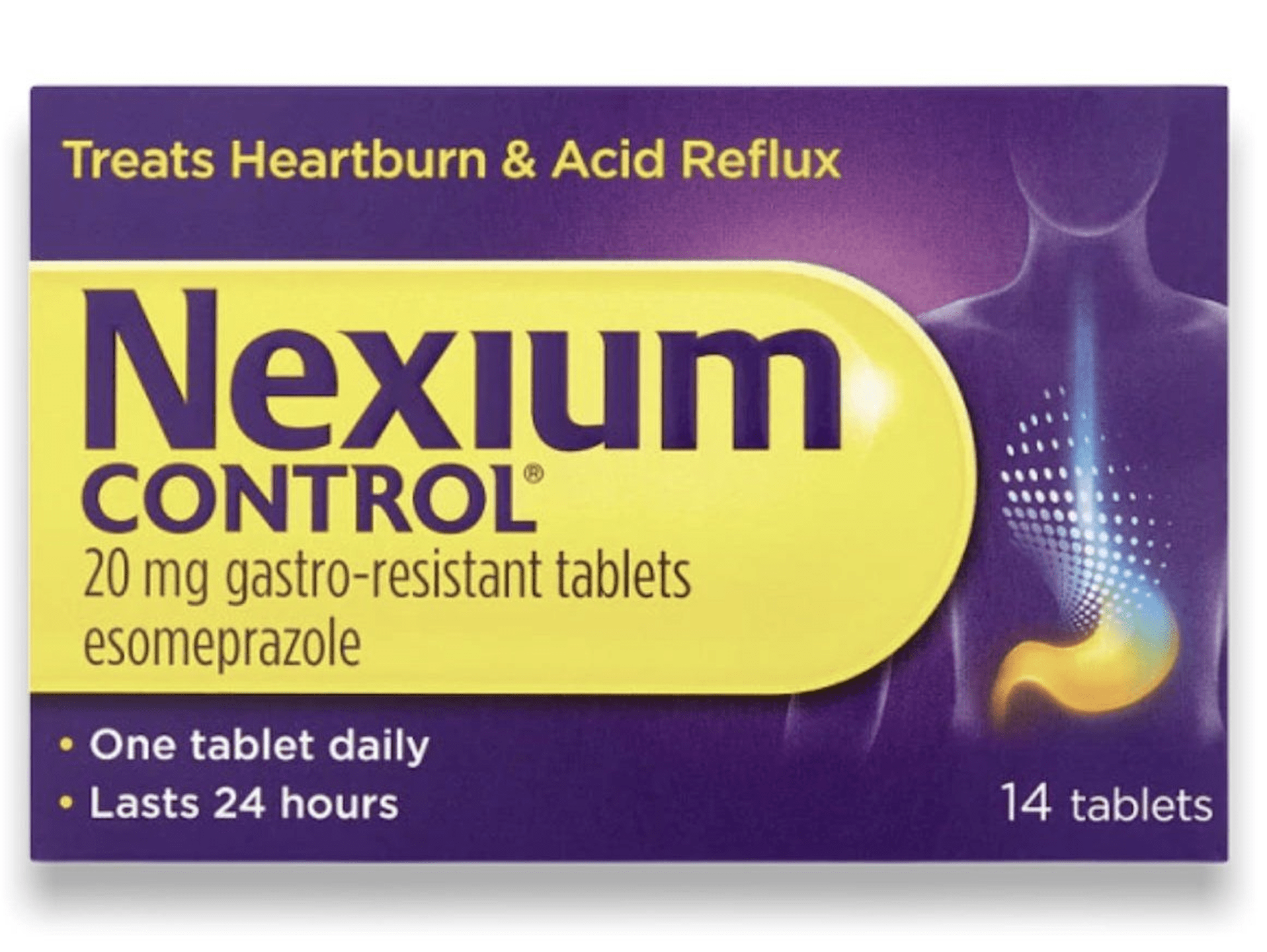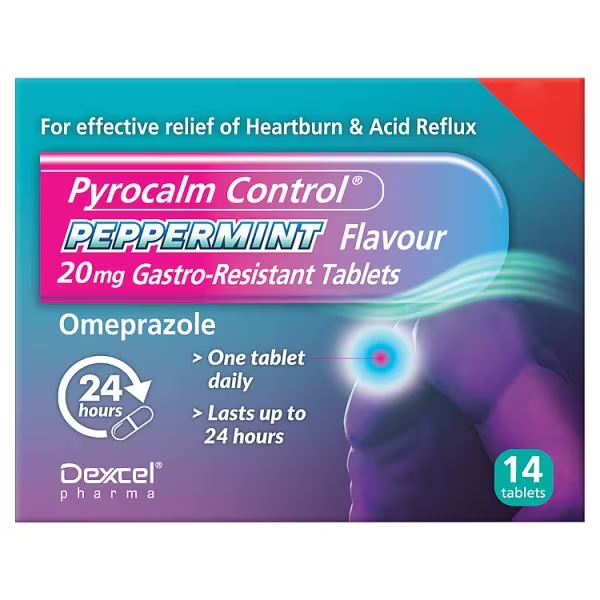What Is Acid Reflux?
Acid reflux, occurs when stomach acid flows back into the oesophagus. This can cause discomfort or pain in the upper abdomen and a burning sensation in the chest, commonly known as heartburn Common symptoms include:
Heartburn: A burning sensation in the chest.
Sour Taste: Unpleasant taste due to stomach acid.
Other Symptoms: Coughing, hiccups, hoarse voice, bad breath, and bloating.
What causes Acid Reflux?
Diet: Your diet plays a significant role in acid reflux. Certain foods and beverages, such as coffee, tomatoes, and chocolate, are known to trigger acid reflux symptoms. Reducing your intake of these items and incorporating a diet rich in non-acidic, whole foods can help manage symptoms effectively.
Lifestyle Factors: Various lifestyle factors contribute to acid reflux. Being overweight can increase abdominal pressure, leading to more frequent reflux episodes. Smoking and high levels of stress are also known triggers. Adopting a healthier lifestyle with regular physical activity, quitting smoking, and practicing stress-reducing techniques can alleviate acid reflux symptoms.
Medications: Certain medications can exacerbate acid reflux. Common culprits include anti-inflammatory painkillers and other prescription drugs that may irritate the stomach lining or relax the lower oesophageal sphincter. If you’re experiencing acid reflux due to your medication, consult your healthcare provider to explore alternative treatments.
Medical Conditions: Specific medical conditions, such as hiatus hernia and stomach ulcers, can contribute to acid reflux. These conditions can affect how the stomach and oesophagus function, leading to increased acid reflux. Proper management and treatment of these underlying conditions are essential for reducing acid reflux symptoms.
What Acid Reflux Treatment is Available?
Antacids: Antacids are a common and effective remedy for managing acid reflux symptoms. These over-the-counter medications neutralise stomach acid, providing quick relief from heartburn and indigestion. Popular antacids like Gaviscon form a protective barrier on top of the stomach contents, helping to prevent acid from refluxing into the oesophagus. Other antacids, such as those containing magnesium or aluminium, can also provide immediate relief from acid reflux symptoms.
Proton Pump Inhibitors (PPIs): For more persistent acid reflux and gastroesophageal reflux disease (GORD/GERD), PPIs are highly effective. PPIs, such as esomeprazole, work by reducing the amount of acid produced in the stomach. This not only alleviates symptoms but also helps heal the oesophagus from acid-related damage. PPIs are commonly prescribed for long-term management of acid reflux and GORD, providing significant relief for chronic cases.
H2-Receptor Antagonists: Another class of medications includes H2-receptor antagonists like ranitidine and famotidine. These drugs reduce stomach acid production and can be effective for both immediate relief and long-term management of acid reflux.
At Pharmacy Advance, we offer a comprehensive range of treatments for acid reflux. Consult with our experts to find the best solution tailored to your needs and experience relief from acid reflux today.







